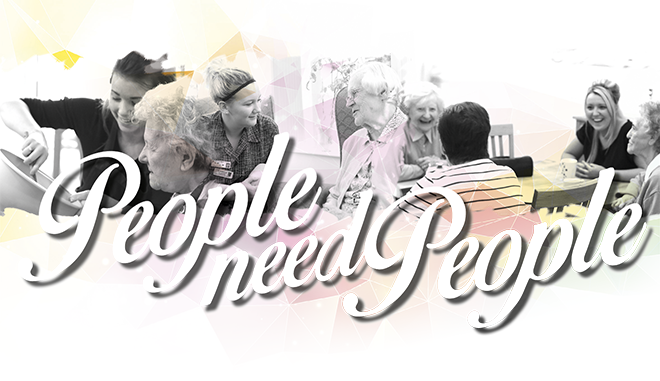
Wherever you live there are people in your community who need care and support. Choose a career in social care and make a real difference to someone’s life.
It’s not absolutely necessary to have formal qualifications to get a care job at entry level – what’s really important is that you’re the kind of person who is committed enough to work with people in care homes, hospitals, in the community or in their own homes, who will rely on your support to make their lives easier.
Qualifications for many care jobs are usually taken once you’ve started work, as the practical nature of many of the jobs means you’ll be learning lots of things as you go along. There’s lots of information about care jobs at www.skillsforcare.org.uk .
Care job roles
To get a good idea of the kinds of care jobs you can do in the social care sector, have a look at the following line-up of roles:
- Care worker – works with people who need help to do things like eat, wash and dress and who need to be taken to social activities or to hospital appointments.
- Personal assistant – does a similar job to a care worker but looks after one person, often living-in if the person needs 24 hour care.
- Social worker – provides advice and emotional support to those who may be elderly and infirm, chronically ill, disabled or bereaved. They also work with people who suffer from mental illnesses like depression or schizophrenia.
- Community support and outreach worker – they teach people life skills rather than providing personal care and they do things like teaching people to cook healthy meals , help them to use public transport and take them out shopping.
- Management – management roles in the social care sector include running a care home or being a team leader or a supervisor within a large care providing organisation. There are also many administrative roles in running care homes and in local government – in housing or benefits departments for instance.
- Occupational therapist – works with people to help rehabilitate them physically or mentally after an illness or accident or with people with learning difficulties by training them to use specialist equipment and learning techniques.
- Employment support worker – provides care and support for people who are looking for jobs. They help people write CVs, practise interview techniques and sometimes provide support in the workplace.
- Advice, guidance and advocacy –involves helping people with potentially complicated issues like applying for housing or benefits or dealing with legal matters.
- Ancillary staff members –work in care homes or private houses and their roles can include cooking, cleaning, driving, or doing maintenance and odd jobs
Qualifications
Certain care jobs do require specific qualifications, such as occupational therapy and social work and many universities offer degrees in both subjects. If you are interested in applying for a care job why not start by volunteering at a local care home. Go to our dedicated care jobs page for more information.

 Moving On magazine Careers and Qualifications for School Leavers
Moving On magazine Careers and Qualifications for School Leavers





 A New Sparta Group Company
A New Sparta Group Company